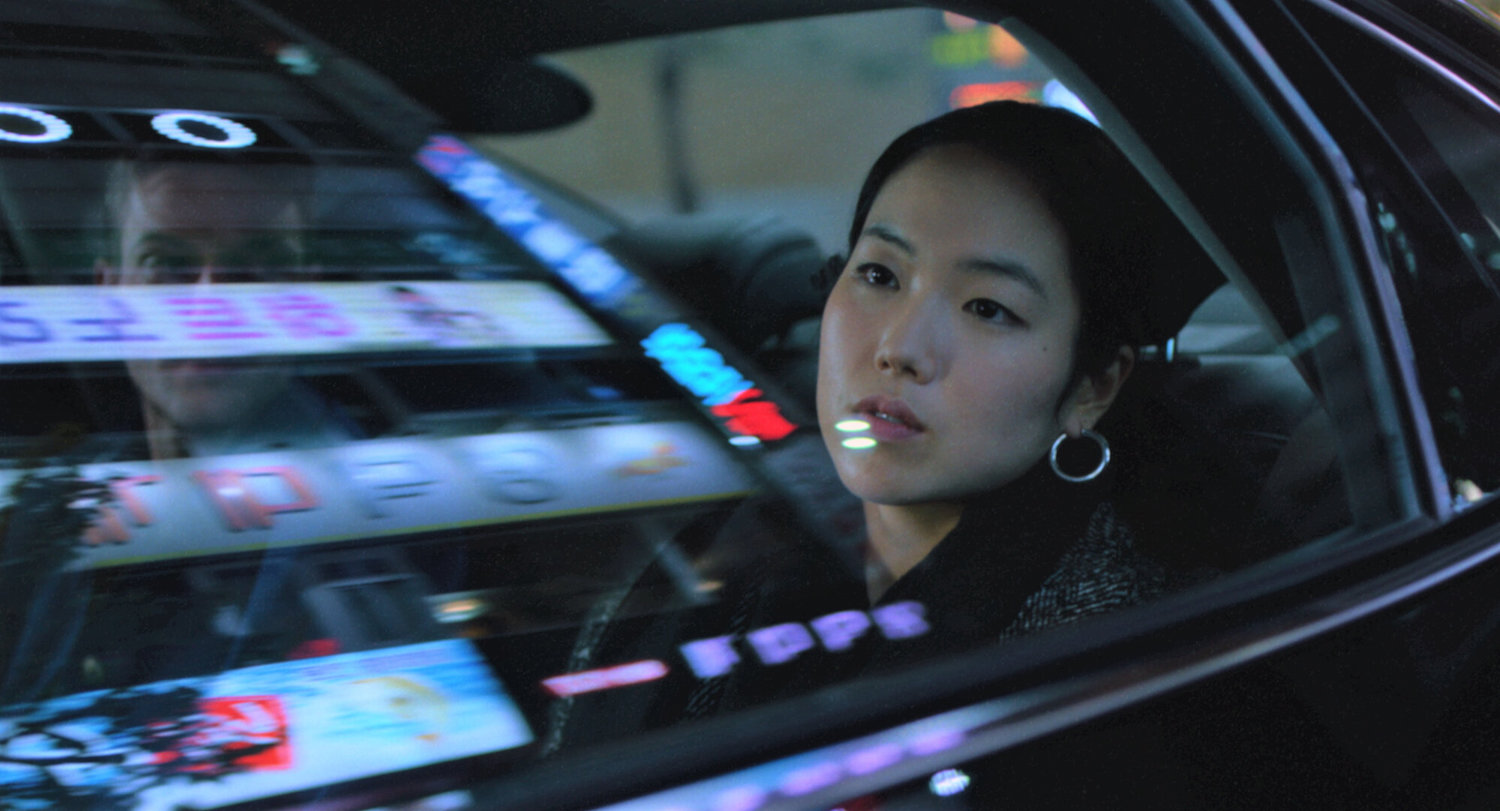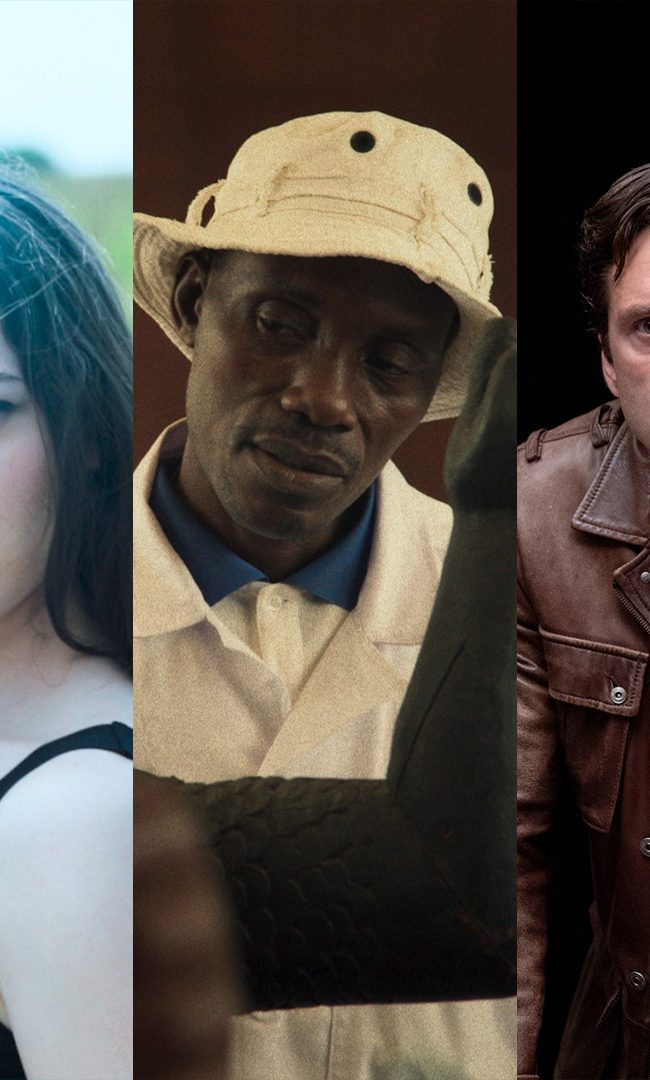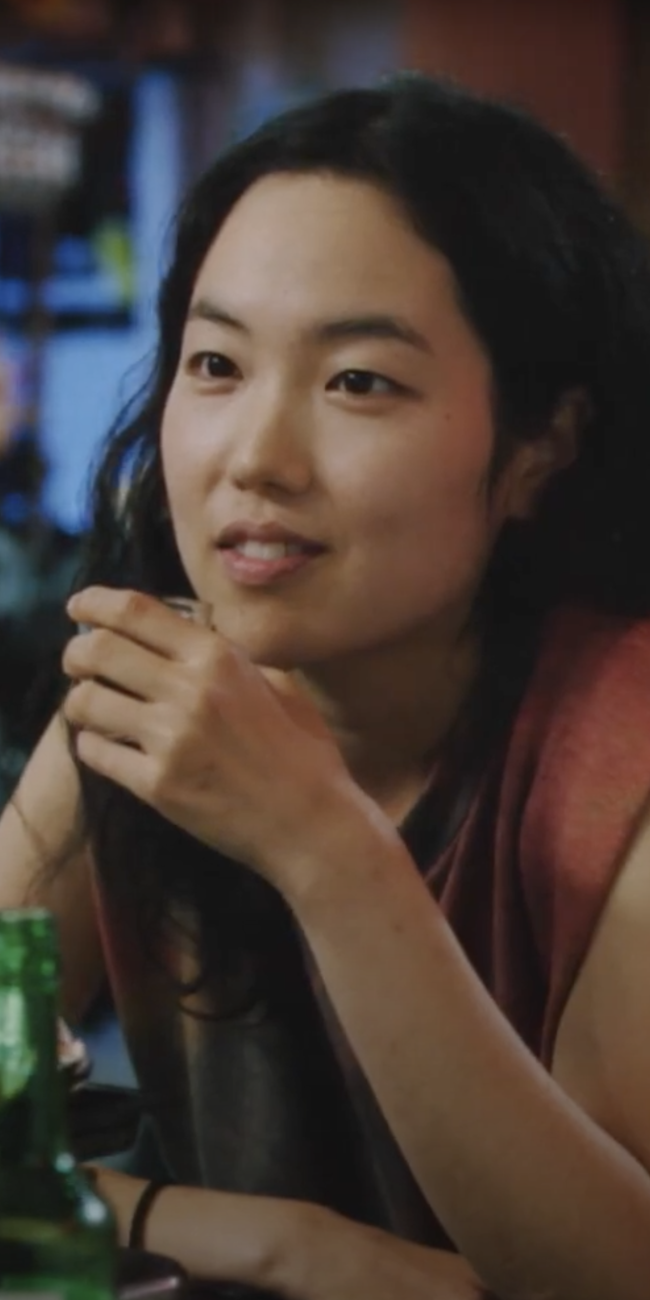RETURN TO SEOUL

(Check out Chris Reed’s movie review of Return to Seoul, which was Oscar shortlisted for international features. It opens in more theaters this month. Seen it? Join the conversation with HtN on our Letterboxd Page.)
Not since Ann Hui’s criminally underseen 1990 Song of the Exile has a movie so eloquently explored the poignant heartbreak of cultural displacement as does Davy Chou’s latest feature, Return to Seoul. Whereas the former saw its protagonist struggle between her competing Chinese and Japanese roots, the latter looks at the challenges that face Frédérique Benoît—a South Korean adoptee raised in France—when she travels to her birth country on a whim and seeks out her biological parents. Firmly Western in behavior and mannerisms (and very Gallic at that), “Freddie” (as she prefers to be called) explores, over the course of 8 fraught years, her identity and place in the world. The result is an always-stirring journey through an existential crisis worth of Odysseus.
Played by first-time actress Park Ji-Min, Freddie is a force of vital nature. While she doesn’t initially speak Korean, she is nobody’s fool. Fortunate to come across a French-speaking Korean woman, Tena (Guka Han) at the hotel she books, Freddie is able to quickly navigate the would-be stumbling blocks in this unknown world. 25 years old when the story begins, she proves a fascinating enigma to the other twentysomething Koreans she encounters, and is even more mysterious to her birth father (Oh Kwang-Rok, Rainbow Playground) when they finally meet (her mother remains elusive). But through the cultural barriers seem at first impossible to overcome, Freddie soon begins to find her own way forward.
Indeed, the first cut in time, after an hour in the original intro to Korea, reveals a very different Freddie than earlier. Two years on, she is now a Korean speaker (of a sort) and works as a liaison between businesses from her two homelands. Happy in fleeting moments, she is nevertheless most often melancholy, constantly reminding us of the assessment Tena made after her many efforts to help Freddie resulted in the same simmering rage, calling her deeply sad. That raw wound at the center of her being has many causes, some of which the movie touches upon, while others are left to our own interpretation.
There are two more flash forwards, of 5 and 1 years, the last one more epilogue than full sequence (though extremely affecting, regardless). As Freddie circles ever closer to meeting her biological mother, the question remains of whether that reunion, should it happen, will change anything. By all accounts the product of a loving upbringing, she nonetheless remains lost in place and time until she can figure out who she really is, whatever that will mean to her. The voyage is the thing, above all, via which Freddie and the viewer grow in profound ways.
Both Chou (Diamond Island) and Park—he of Cambodian parents and she of Korean ones, each raised in France—have firsthand experience with many of the themes discussed here, and bring an emotional intensity to the narrative that is felt in every frame. Anyone who has ever found themselves torn between dual (or more) identities can relate to the powerful internal conflicts raging within Freddie. That she emerges whole (if battered) from the ordeal is a testament to her resilience; that the movie emerges as touchingly vibrant as it does is a testament to Chou and Park’s artistic skill and collaboration.
– Christopher Llewellyn Reed (@ChrisReedFilm)
Sony Pictures Classics; Davy Chou; Return to Seoul movie review











